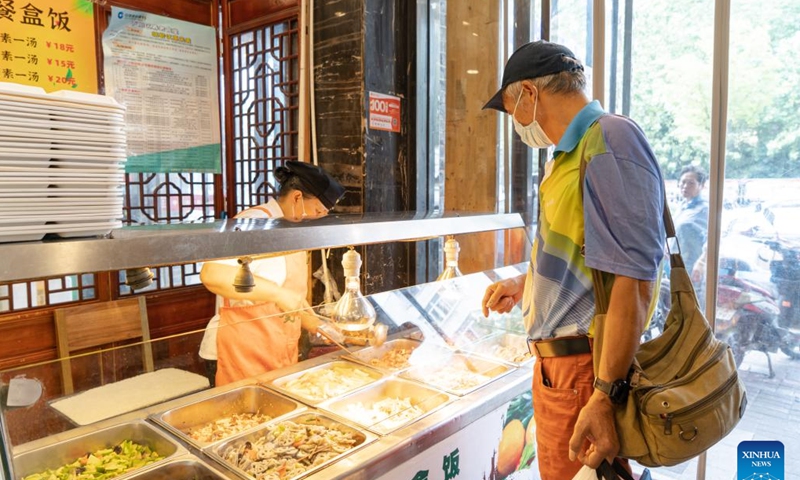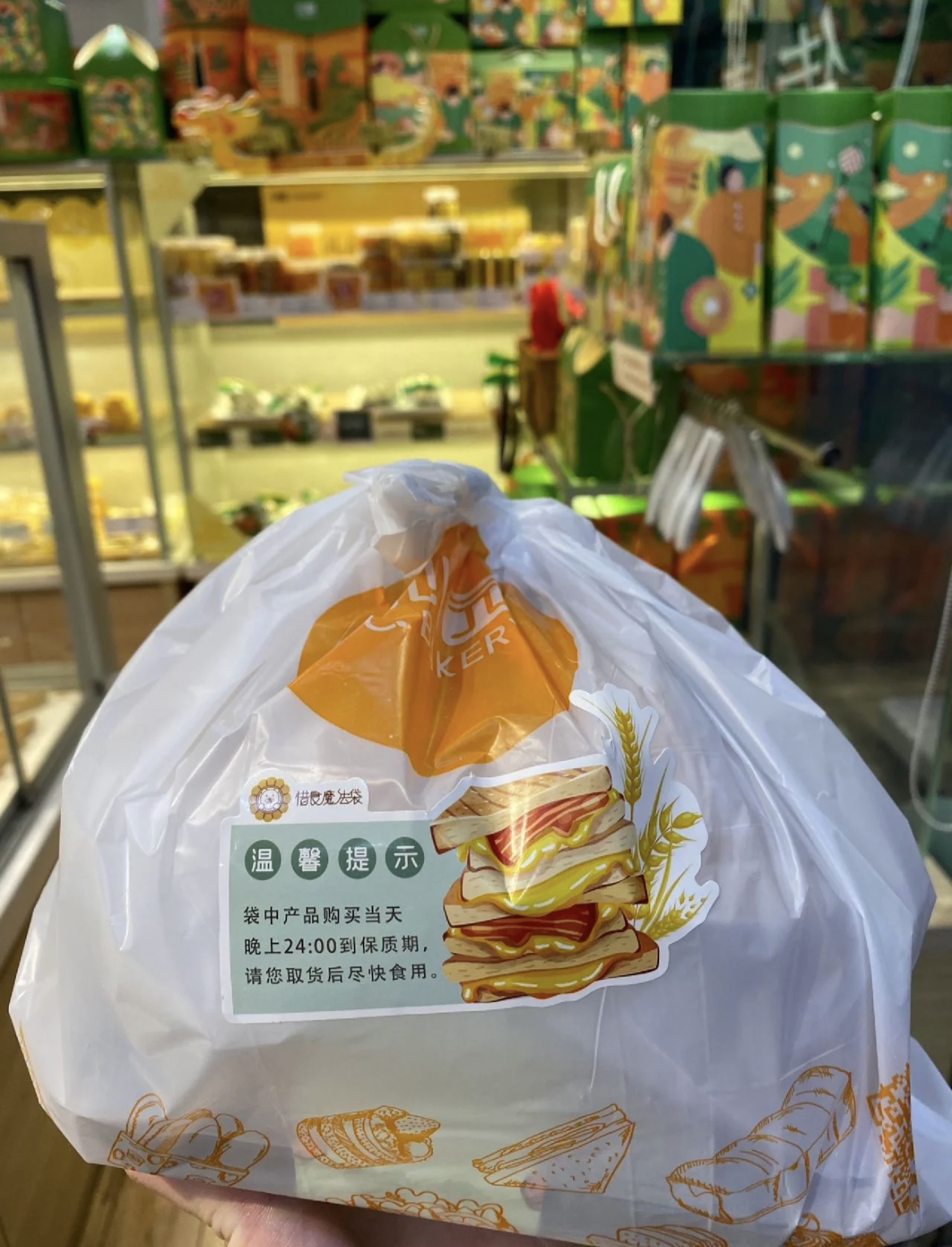Have you spotted a shift in the spending habits of young Chinese consumers? It seems as though China’s Millennials and Gen Z are swapping their gold credit cards for some good old-fashioned frugality.
In this article, we’re going to explore the motivations that triggered such a change and what it spells out for China’s booming economy. Join me on an intriguing journey, as we unravel how this significant cultural pivot could potentially restructure not just the Chinese market landscape but also ripple across global shores with implications far beyond our expectations.
Key Takeaways
- Young people in China are spending less and saving more. This trend is known as “koukouzu”, which means young frugal Chinese.
- Social media influencers push this trend by sharing tips on low-cost living. They use platforms like Weibo and WeChat to reach their followers.
- The change in how young people spend money affects the whole economy of China. Brands, too, have to find cost-effective ways to sell their goods.
- If the youth in China keeps spending less, it might hurt economies around the world. For now, leaders urge them to embrace hardships for a stronger future.
The Rise of Frugal Living in China
A noticeable shift is occurring in China, with young Chinese people championing frugal living and adopting cost-conscious habits. Influencers on social media platforms are becoming the vanguard of this movement, extensively sharing low-cost lifestyle hacks and money-saving tips.
This change seems to be more than just a trend; it’s emerging as a defining facet of millennials and Generation Z culture in China. With these generations making up an increasing segment of consumers, their financially conservative behaviors are starting to significantly shape the country’s spending culture.
Gen Z in China are the new affluent consumers and they spend the most in global comparison. Yet, recently, as China faces some economic problems and young people have difficulties with finding jobs and saving money, they are trying to live a less extravagant life.

Young Chinese are embracing frugality
Young people in China are now choosing to spend less. They want to live a thrifty life. This trend is called “koukouzu”. It means “young frugal Chinese“. Social media helps this trend grow fast, with people on Weibo posting saving tips, canteen food, or blind food boxes.
Many young Chinese like this new lifestyle as it saves them money. They feel safer with more cash in their bank accounts. Some even choose to live alone. They find joy in simple and low-cost living, and they prefer saving over spending big bucks on things they don’t really need.
The rising popularity of community canteens
Community canteens offering a variety of food for very small prices were always reserved for the elderly. Those places were often filled up with people over 70 years old, enjoying cheap meals as they often live on a very tight budget.
But recently the situation started to change, as young people are trying to save money. Community canteens, particularly in major cities like Beijing and Shanghai, have become a buzzing topic on social media.
On Xiaohongshu, China’s popular lifestyle-sharing platform, numerous young individuals post about their meals at these canteens. Many comments on these posts include praises for the dishes, inquiries about the canteen locations, and questions about the presence of similar canteens in their own localities.
Weibo posts from canteens are gaining traction and more and more people go there to eat and spend time with friends, while also saving money.

Chinese young consumers are trying to waste less food
In China, the concept of “blind food boxes” is gaining significant traction. These boxes offer economical packages of assorted foods at a nominal price, often sourced from establishments that have excess stock, such as supermarkets and bakeries.
The idea aligns with a global trend to combat food waste, similar to international platforms like the Danish app “Too Good To Go.” The intrigue of not knowing what’s inside and the joy of “unboxing” have made it a popular phenomenon, especially among food enthusiasts.
These blind boxes have become a sensation on Chinese social media platforms. Platforms like Xiaohongshu are filled with reviews and unboxing experiences, with some posts amassing hundreds of thousands of likes. The trend not only promotes frugality but also fosters a sense of discovery and excitement with each box.

Social media influencers promoting low-cost lifestyles and money-saving tips
In China, many people are turning to social media for help with money. They follow influencers who share tips on how to live well, but spend less. Platforms like Douban are full of chats about living frugally.
Tons of young people worry about the shaky economy and look for ways to save money. Some quit their jobs to become influencers themselves! They use Weibo and WeChat because it’s cheap to promote there.
Brands love these cost-effective ways too. It helps them reach more people without breaking the bank. This is making a big impact not just in China, but around the world too. Not to mention the sustainability efforts, that also help reduce costs, while helping the environment.
The Impact on China’s Economy
As young Chinese adopt a frugal lifestyle, their reduced consumer spending is causing a significant shift in the national economy. Economic anxiety looms as more millennials and Gen Z opt for saving rather than spending.
Decreased consumer spending
As a part of China’s economy, it is essential to note a change in spending. Young Chinese people are now saving more and buying less. This is different from the past where lots of shopping was noted due to easy credit and higher wages.
However, since the start-up of COVID-19, this trend has changed big time. Now, there is less growth in how much people spend and fewer investments in property as well. Hence, we see an impact on China’s whole economy because people save more than they buy things.
These actions by young Chinese consumers show new habits shaped by their reactions to the pandemic situation.
Economic anxiety among young people
Young people in China feel uneasy about money. This worry has grown because they can’t find jobs. The rate of jobless youth is now very high, the highest ever seen. A lot of them have started to live a frugal lifestyle due to this worry.
They buy fewer things and look for ways to save money wherever they can. That means they spend less on stuff than before. Goldman Sachs says young folks make up nearly 20% of all buying in China so when they spend less, it hurts the entire economy.
The strict rules about COVID-19 have made it even harder for them to get jobs, adding more to their stress levels and frustration with life and work situations.

The Broader Implications
The shift towards frugality and decreased spending among young Chinese could potentially threaten the global economy. On a larger scale, China’s leaders are urging this generation to embrace adversity as part of a grand plan to revitalize their country’s economy following the COVID-19 pandemic.
Threat to global economy
China’s shrinking spending worries the whole world. As young Chinese save more, they spend less. This is not good for China or anyone else. The world relies on China to buy a lot of goods.
Many fear an economic slowdown in China could hurt other countries too. If this thrift trend continues, we may face a global downturn next.
Leaders encouraging young people to embrace hardship
Chinese President Xi Jinping wants young people to accept hard times. He sees power in overcoming struggles and being tough. Even finding jobs is hard for these young folks because there are so few.
Still, they studied with all their might in college only to stumble on a small job market later. Leaders believe that it’s through this hardship that perseverance grows stronger. They see frugality, self-reliance, and an entrepreneurial spirit as the path towards better things.
It’s not just about less spending but more about making growth equal and lasting for everyone in China.
We Will Help You Navigate The Chinese Market
In conclusion, as China’s younger generation shifts towards a frugal economy, businesses must adapt their strategies to resonate with this evolving consumer mindset. The emphasis on value for money, sustainability, and smart consumption is no longer a passing trend but a deep-rooted behavioral shift.
Brands seeking to thrive in this environment must prioritize understanding these changing patterns and adapt accordingly.
At Gentlemen Marketing Agency, we are dedicated to helping businesses navigate the intricacies of China’s dynamic market landscape. With our in-depth insights and expertise, we can help you tailor your approach to connect meaningfully with the new-age, cost-conscious Chinese consumer.
Let’s work together to tap into the tremendous opportunities that the world’s largest consumer market offers. Contact us today!


